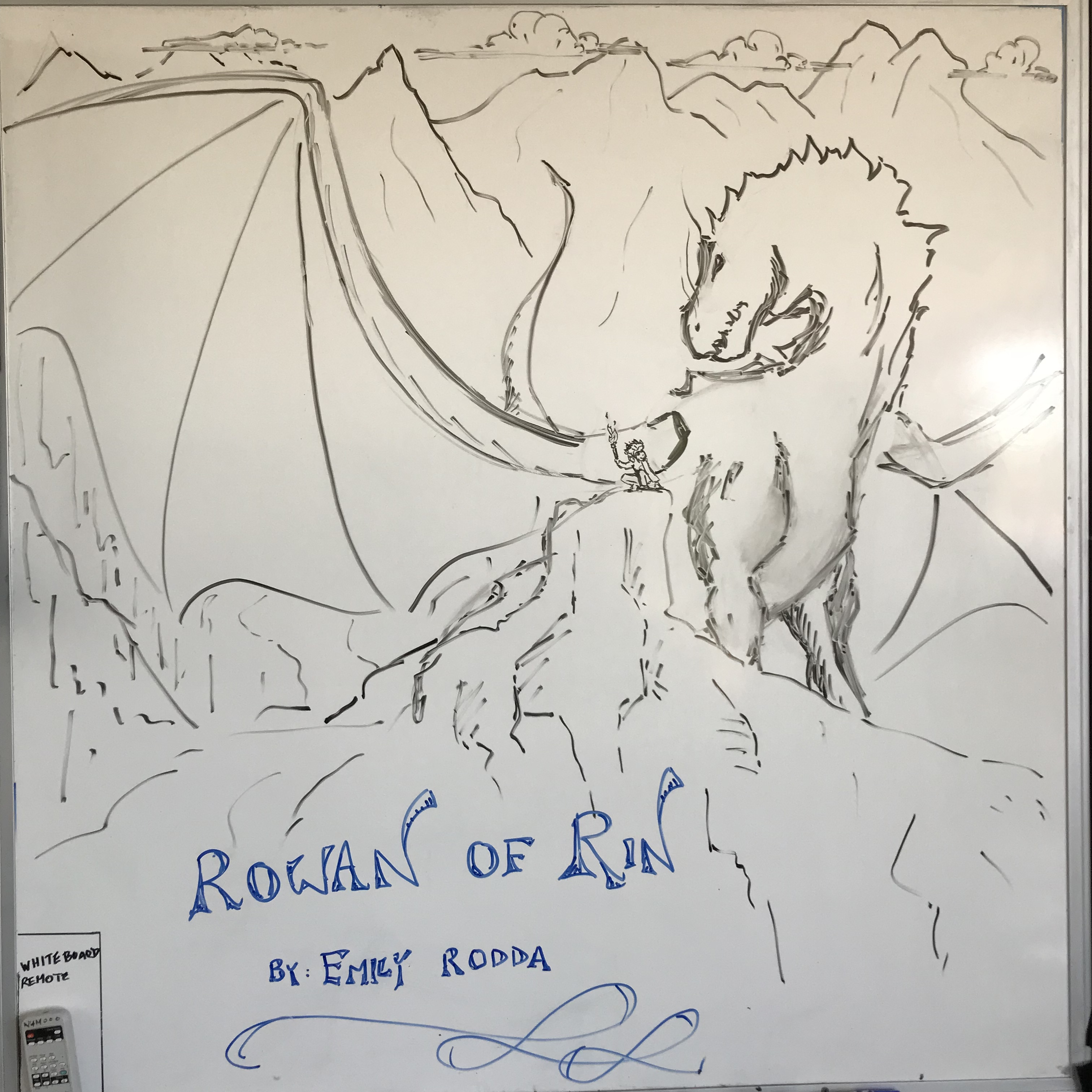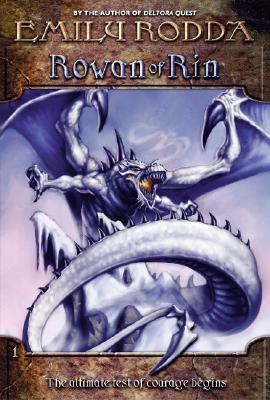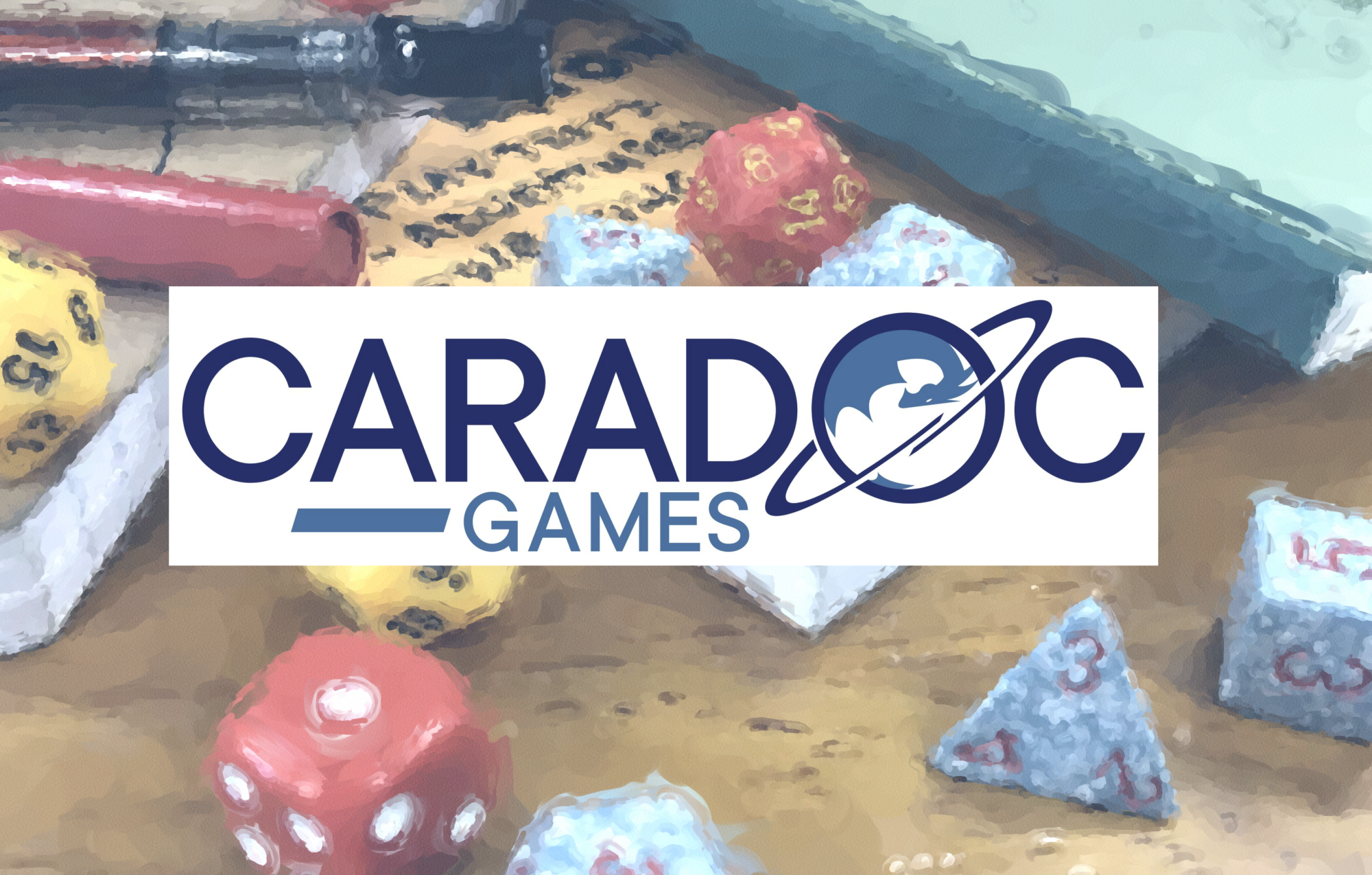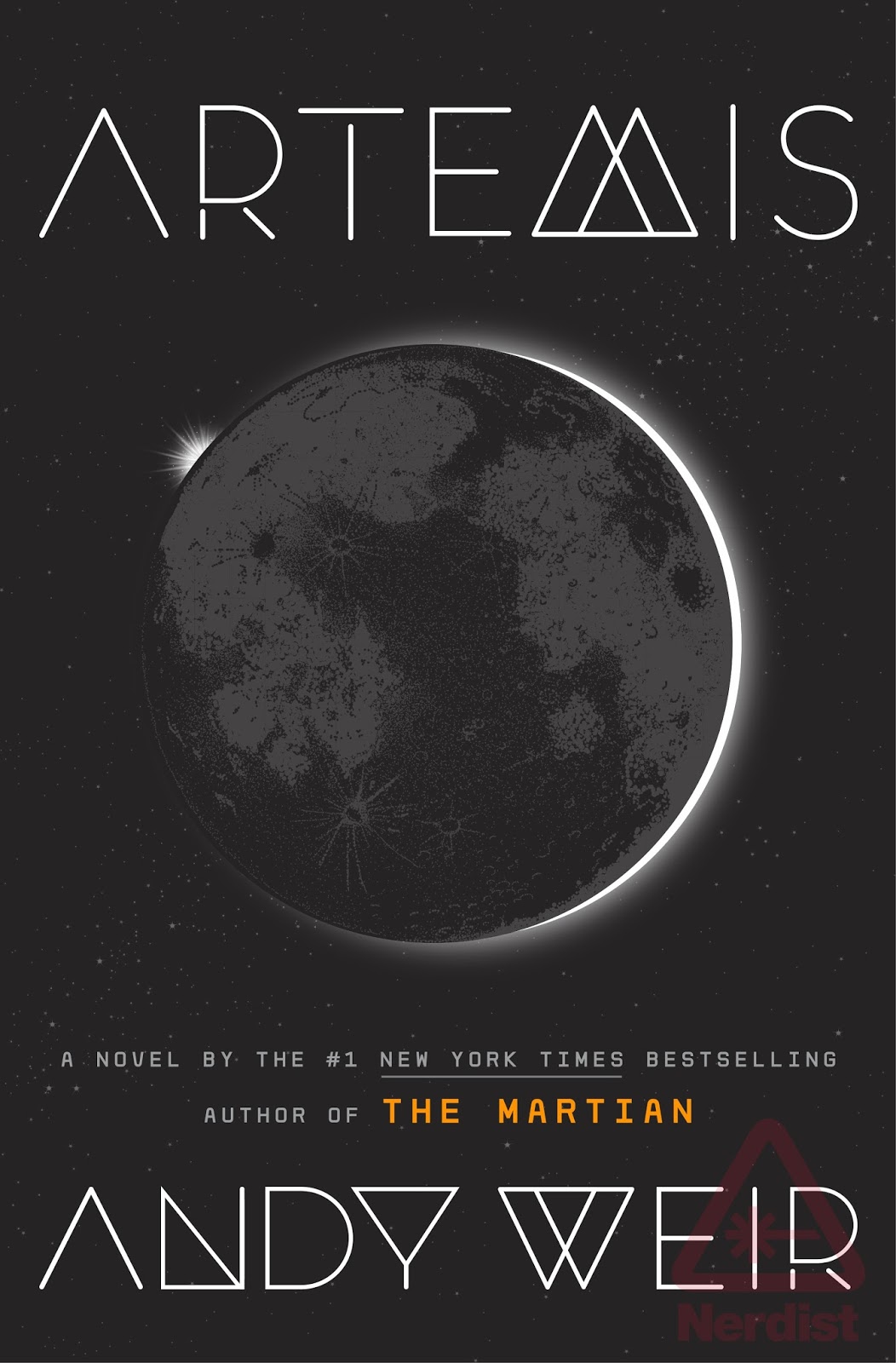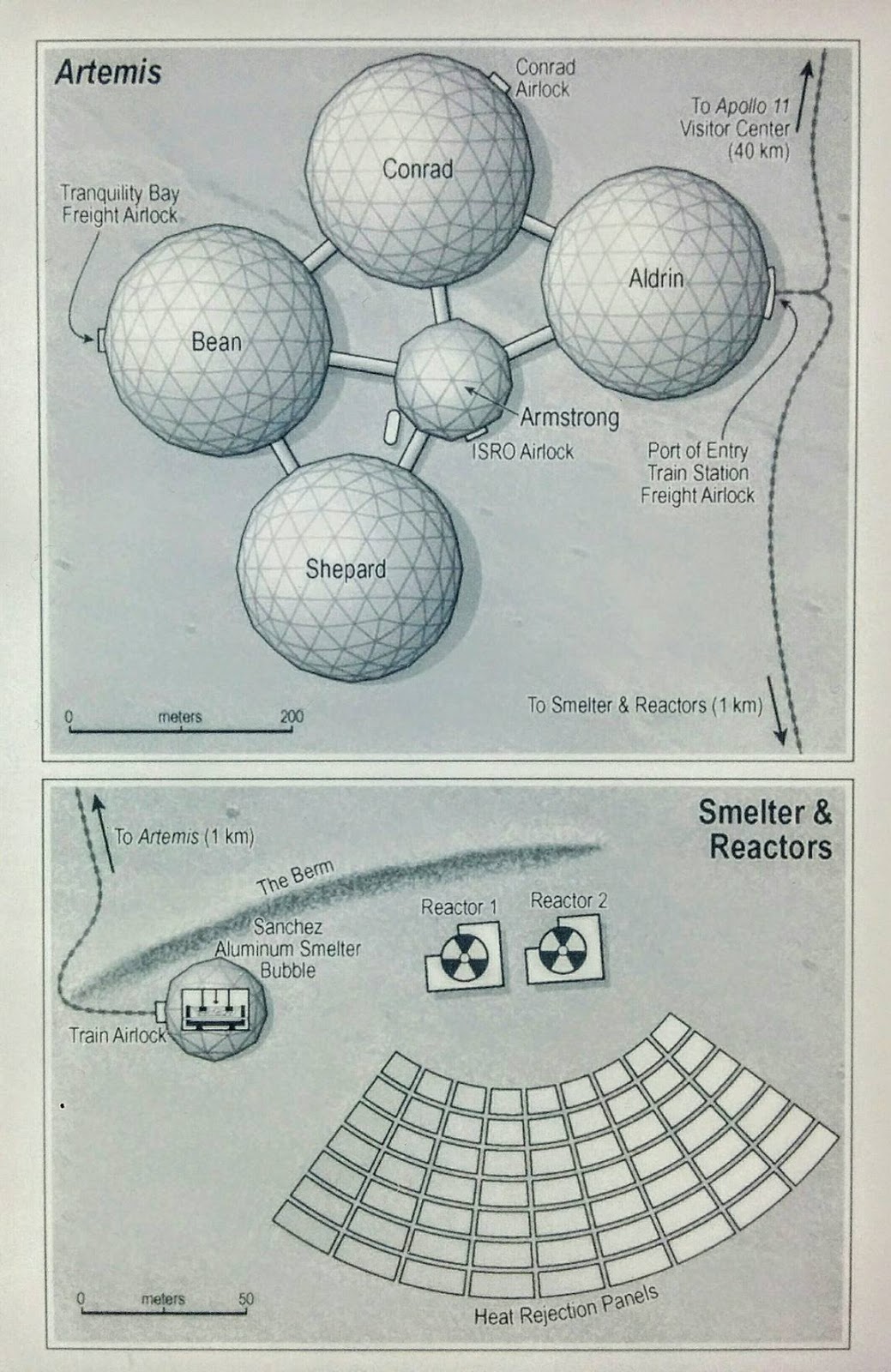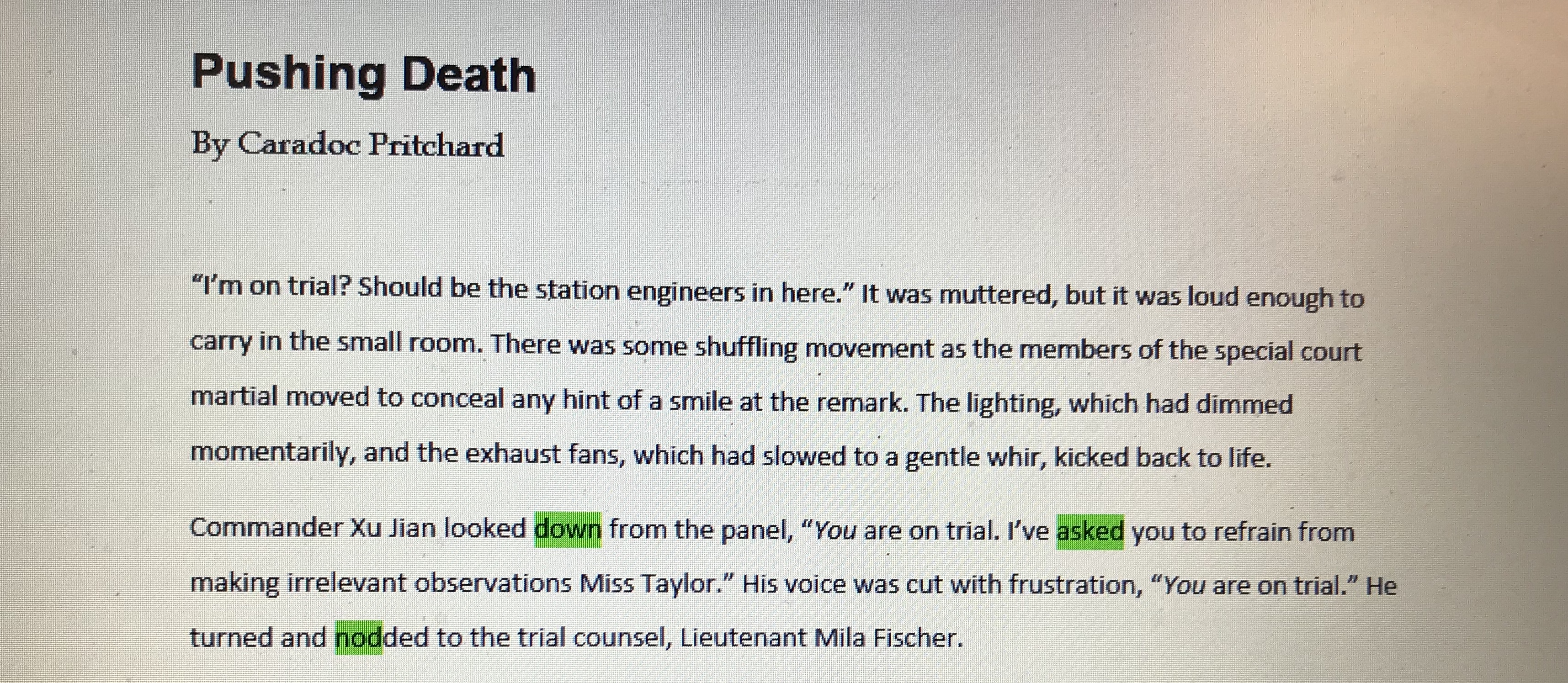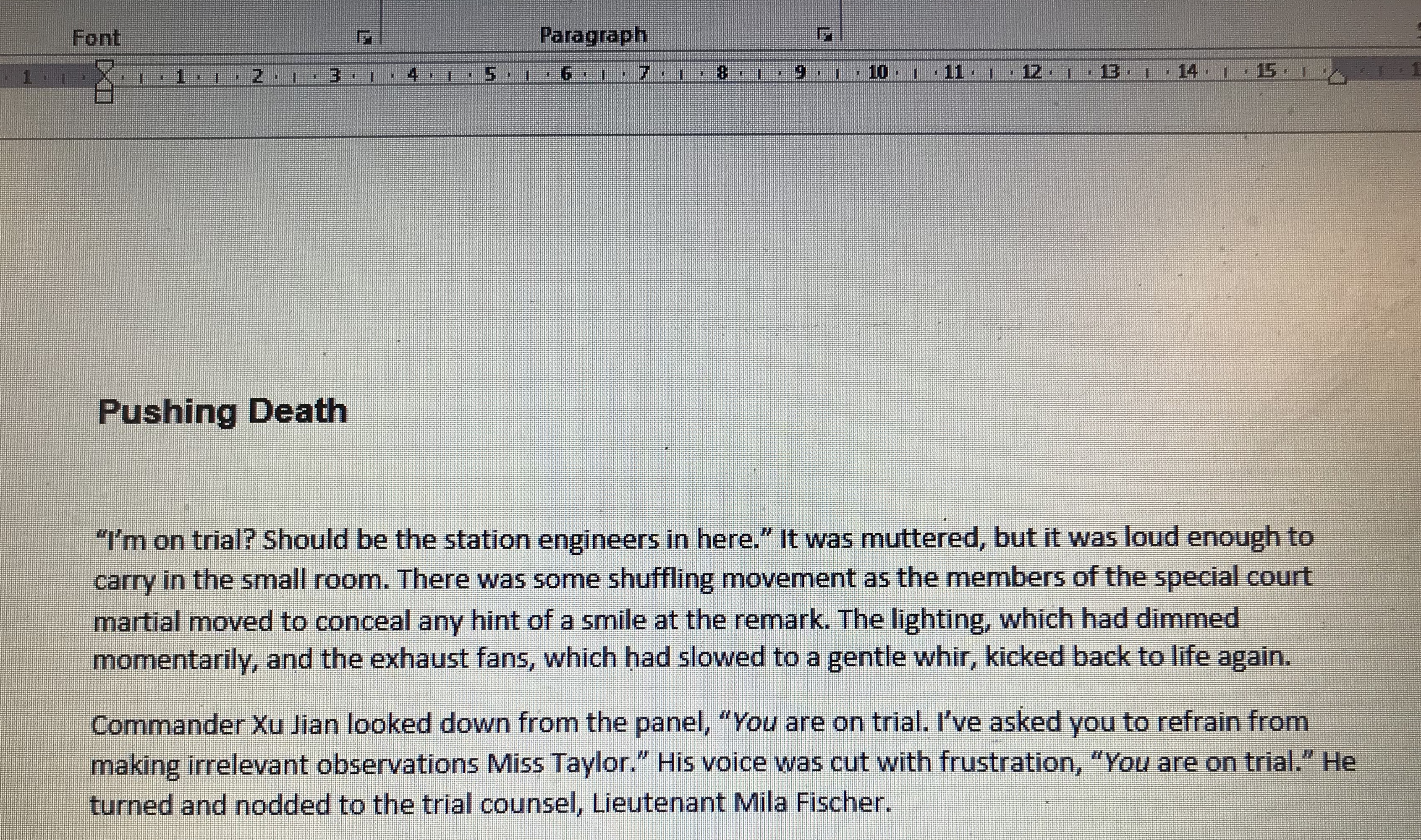First post on a new blog. This blog dedicated to writing. This year I have set myself the goal (somewhat lofty perhaps) of writing a novel manuscript. This blog is my reflection space, not just for my journey as I write this, but also a place to record the challenges I face along the way, the failures, the successes and the resources and sources of inspiration that help me push forward. I’ll also be writing about the freelance writing I do from time to time (and if you’re interested, you can see what I’ve worked on on my Bibliography page, link in the menu above).
2018. A new year. It is traditional to set goals at the start of the year, and for the last few years this is exactly what I’ve been doing on my other blog, Castle by Moonlight (which is mainly a space I spend my time writing about games).
As I wrote above, my goal for this year is to write a novel manuscript. This is something I have done before, I have two or three novels on my hard drive in various stages of completion. This year my aim is to start, and to finish. With the emphasis on the finish. I have ideas, too many in fact. Like many I flit from one to the next, landing only briefly before flying to the next shiny idea on the horizon. This is where my first steps begin.
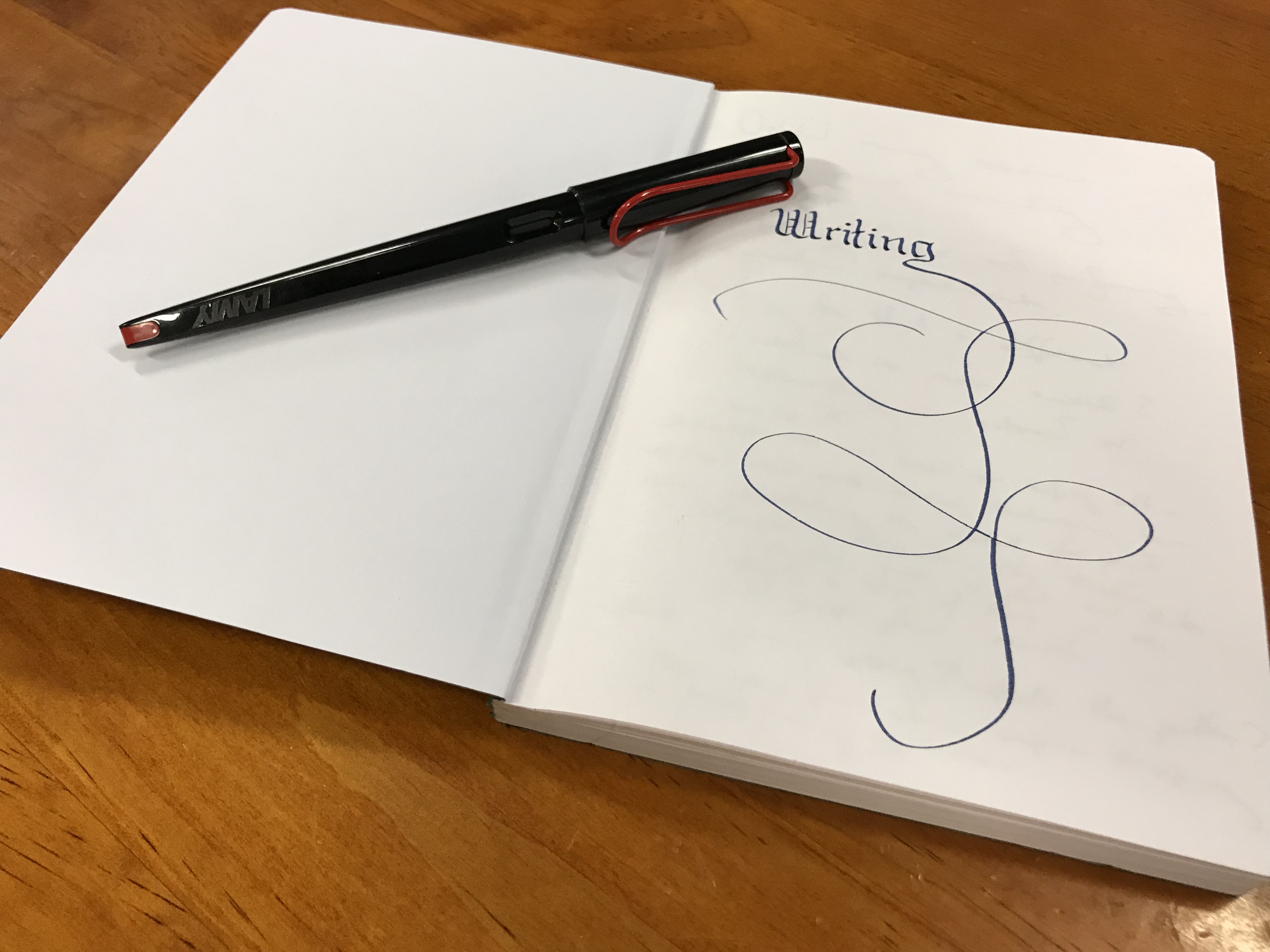
I’ve been listening lately to a lot of podcasts about writing, reading books about writing, writing freelance, and thinking about writing. It’s time for me to pick an idea, expand on it, and write it.
The last book I read on the subject of writing was Save the Cat, by Blake Snyder. If you are an aspiring or experienced writer you’ve probably read it too, and if you haven’t, go and order a copy. It’s worth it. Admittedly it’s about screen-writing, but it is, nonetheless, an excellent book.
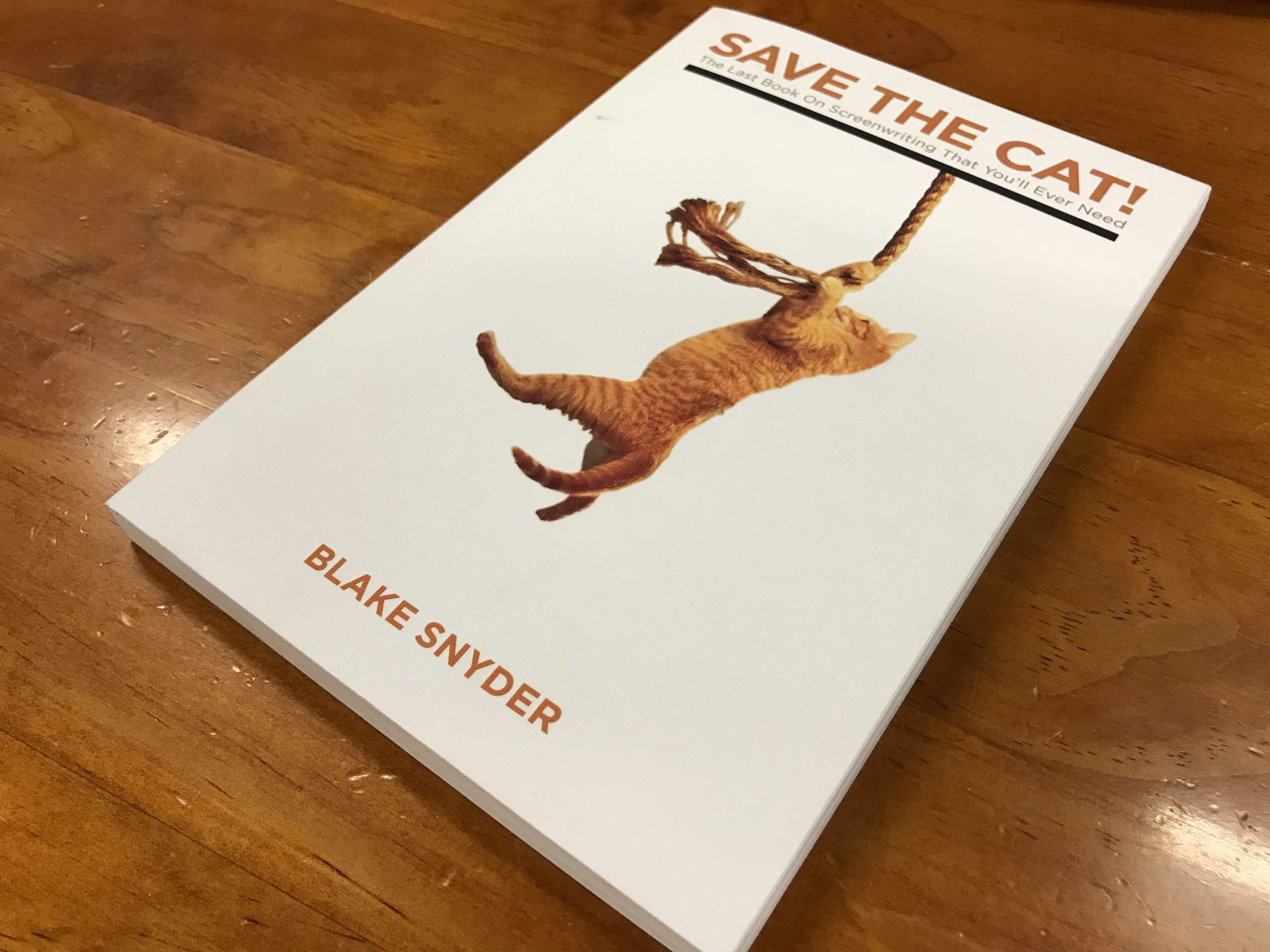
I’ll spend some time writing some thoughts about this book in another post, but with the novel I am planning to write this year, I’ve decided to follow the lead of Synder, and plan the story structure out in greater detail than I have before.
So what have I done in my first steps toward this goal of mine? First, I wrote out the most recent set of ideas I’ve had for stories. Some are science fiction, some fantasy, some… I’m not sure how to categorise. I picked three, which ended up being six, and fleshed them out with a tag line (a single sentence or two that summarises the story), and a few paragraphs on the plot outline. I added some description of the main characters (whether they be protagonists, antagonists, heroes, villains or whatever), and some thoughts on the themes and ideas running through the stories.
Then I annoyed some friends. I asked politely, and they agreed through gritted teeth, to listen to these six ideas as pitches. They asked questions, I answered as best I could (and sometimes couldn’t), and generally chewed them over in discussion. I have to admit I was nervous at doing this, not that my friends were going to be cruel and laugh and point and say terrible things. But that they would find them lacklustre, uninteresting, dull, stupid, and that they wouldn’t tell me.
I’ll be honest, I didn’t ask whether they thought they were brilliant ideas (what a thing to ask a friend), but I did ask them – ‘if these were books, or movies, which would you prefer to see/read?’
The general idea here wasn’t to gather some platitudes and compliments, some hazy non-committal but always polite confirmation that all my ideas are wonderful – I know they’re not. Just the act of saying them out-loud to someone else was enough for me to grimace and pull a few from the list, and nearly all have been revised since. The idea was to get a feel for which I could explain the best, which I was most excited to talk about, and which I had most answers for. The idea was to gather any criticism and look at it, and modify accordingly where I felt it was required. Lastly the idea was to cut six ideas down to one.
Well, I haven’t managed that yet. I have cut six ideas down to three, though; so I’m halfway there. My aim in the next few days is to expand the outlines a little and settle on one to write.
Once I have the one, my next step to to start working on the plot outline, the character arcs, and the story beats. I even bought myself a shiny new pin-board to help me lay it all out, to see it, to play with the structure and change it, tighten it and hone it. Once I have that done, it will be time for the next phase…
